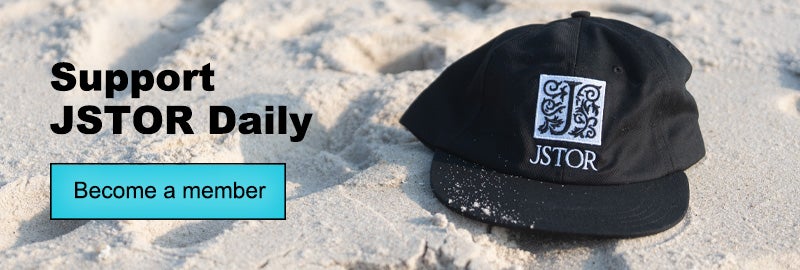On the afternoon of July 30, 1975, labor leader James R. Hoffa went to lunch in a suburban Detroit restaurant, and never came home.
Perceived as a no-nonsense leader of the powerful Teamsters Union, Hoffa became a symbol for labor corruption and ties to the mob. After his disappearance, rumors spread about where his body could be found. Some held that his remains were buried in the end zone of Giants Stadium in New Jersey (no skeletal remains were found after that edifice was torn down in 2010).
The focus on Hoffa’s disappearance has obscured the historic significance of his contributions. Hoffa’s reputation for personal corruption contributed to the decline in public esteem for organized labor. Historians note that Hoffa’s tactics, including cementing alliances with the mob, made other labor leaders cringe. Then again, there was little doubt that his leadership improved the lives of Teamster members in the trucking industry. Labor scholars marvel at how Hoffa made the Teamsters a force in the mid-twentieth century, increasing benefits for his members and contributing to the growth of a vital American middle class among those who never went to college.
David Witwer notes that Hoffa rose to public prominence as a result of the 1958 hearings on labor corruption conducted by the U.S. Senate’s McClellan Committee. Organized labor in the U.S. was at its height. Conservative politicians used the accusations of corruption to successfully bring down the labor movement, using language borrowed from the Cold War. The McClellan Committee fostered the image of organized labor as a cauldron of corruption, with bosses as recipients of bribes, prone to stealing from members’ pensions and insurance funds.
Weekly Digest
Among the staffers of the McClellan Committee was a young attorney named Robert F. Kennedy, whose obsession with Hoffa became well known. As attorney general, Kennedy orchestrated a relentless prosecution of Hoffa. Four times Hoffa got off the hook. But he was convicted at a fifth trial, and served a prison sentence until being pardoned by President Richard Nixon.
Hoffa sparked public fascination because he was an important cog in the nation’s economy. But that counterweight to corporate profits has long been relegated to the past, and union influence over the electoral process has declined considerably. In the postwar labor union heyday, labor union membership comprised a third of the American workforce. Today it is only a tenth, with the bulk of that coming from public sector unions. Today, corporate interests outspend labor on elections by a 14 to 1 margin. Union membership is said to contribute to a 20 percent increase in members’ wages, the equivalent of the difference a college degree makes. The fear and respect Hoffa generated among corporate chieftains has no comparable counterpart in today’s economy.







